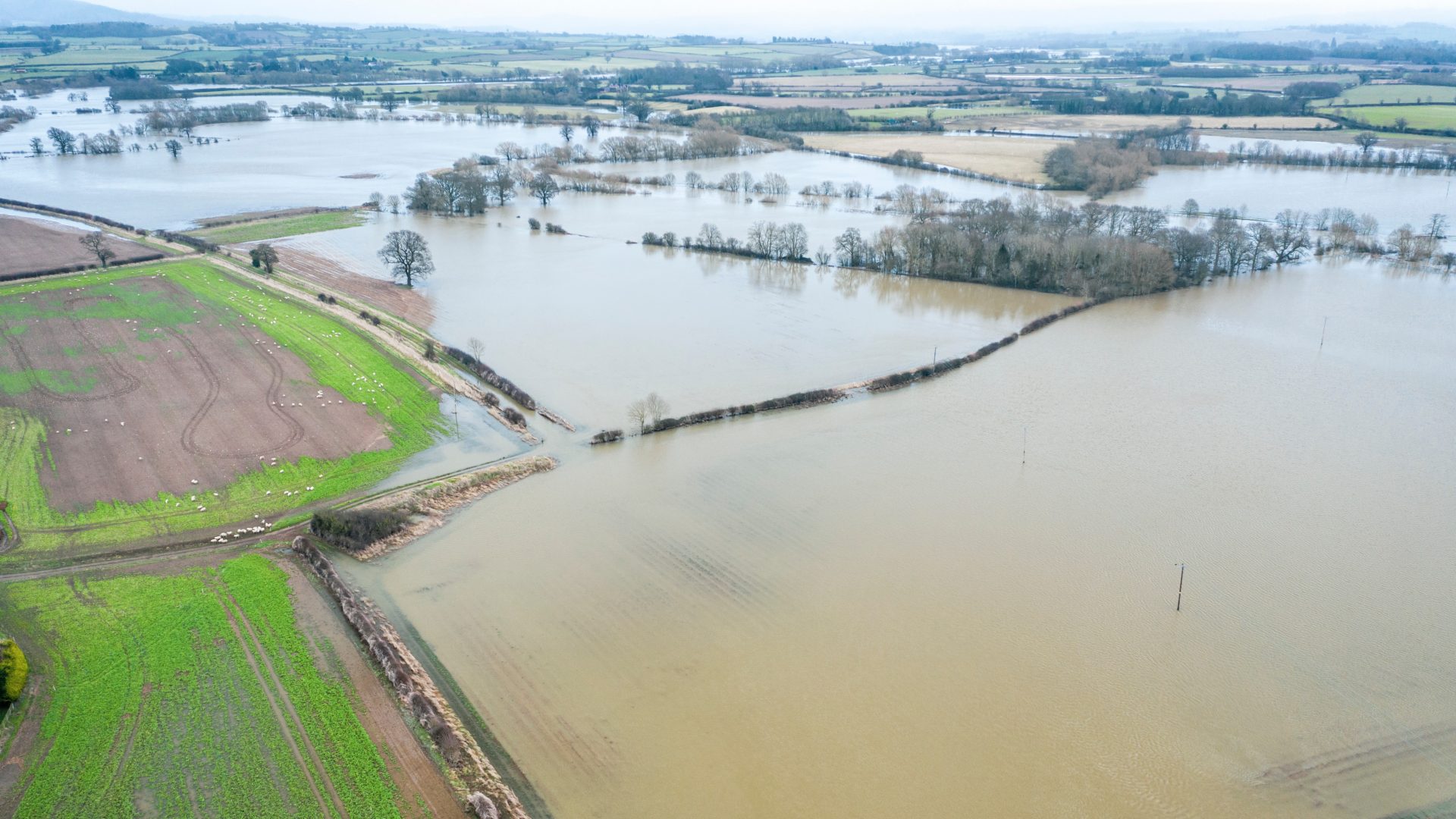The government is underprepared for extreme weather events, such as severe floods, which have the potential to cause significant disruption, a new report by the National Audit Office (NAO) says.
The independent public spending watchdog’s report, Government resilience: extreme weather assesses four extreme weather risks: droughts, surface water flooding, storms, and high temperatures (including heatwaves), to determine how well-prepared the country is for the projected increasing frequency and intensity of such events. For instance, by 2050 there is expected to be a 50% chance each year that summer temperatures will match those of 2018 (the joint-hottest on record).
The government has dedicated response arrangements in place for extreme weather events when they occur. Processes include established escalation protocols, with clearly defined roles and responsibilities across policy and communications; close working with forecasters and government agencies, such as the Met Office and the Flood Forecasting Centre to inform planning and risk assessments; and regular reviews and testing of plans.
The government has also taken some action to mitigate the risks posed by extreme weather events, including establishing the third national adaptation programme, which sets out action the government is taking to adapt to climate change. However, the NAO’s report says the government needs to step up its preparation to limit the impact extreme weather events can have on people, businesses, and communities.
The NAO recommends departments with responsibility for managing risks should set out clearly defined targets for ‘what good looks like’, so that stakeholders across the public and private sectors are working toward a clear common goal. Currently the Cabinet Office does not have clearly defined targets, or an effective strategy in place to make the UK resilient to extreme weather.
The absence of an effective strategy and targets makes it difficult for the government to make informed decisions on investment, and the NAO found limited evidence of risk assessments feeding into how funding was allocated.
The government could also accelerate plans to develop a coordinated approach to investment in resilience. Specifically, the NAO recommends that it should develop its approach by 2025 and implement it by 2028, instead of the current 2030 target. The government does not track or evaluate its spending on extreme weather. Until these plans are developed, it cannot demonstrate whether value for money is being achieved.
The government has made some welcome recent efforts to build awareness of the potential impacts of extreme weather, including the Met Office providing short-, medium- and long-range weather forecasts and issuing weather warnings when severe weather has the potential to impact the UK. But overall the NAO finds government has more to do; for example, the NAO has found that although 3.4m properties are at risk of surface water flooding, surveys show that awareness among the public of the impacts of these events remains low
The NAO also recommends that the Cabinet Office should strengthen the leadership, accountability and assurance arrangements of extreme weather risks across government, including considering the merits of a Chief Risk Adviser.
Gareth Davies, head of the NAO says:
“The UK’s experience during the pandemic demonstrated the vital importance of building resilience, and that lesson also applies to extreme weather events.
“Government needs to place sufficient emphasis on prevention and preparedness – clearly articulating the level of risk it will tolerate – and making informed decisions about prioritisation to ensure efficient and effective investment for the long-term.”



